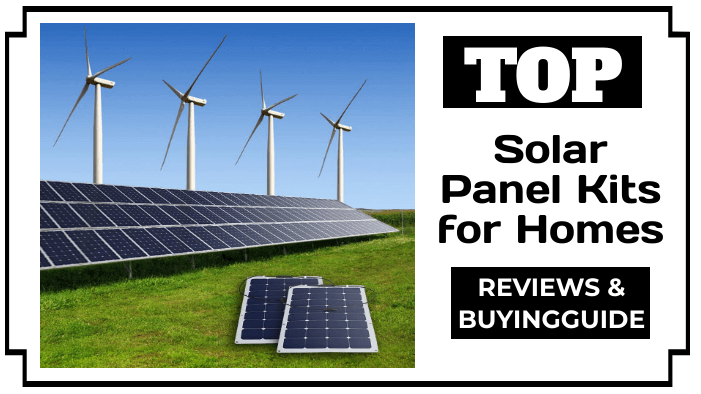Solar panels are designed to attract the sun s rays and trap them.
Does snow affect solar panels 7 days.
Light is able to forward scatter through a sparse coating reaching the panel to produce electricity.
However once the snow and ice have melted off of the surface of the panels over time all systems are a go.
Snowfall helps to clean the panels according to the energy department which describes the phenomenon as similar to what happens when snow melts off car windshields.
Solar panels perform at their best on a clear sunny day with no cloud cover.
Generally speaking solar panels are 20 c 36 f warmer than the ambient temperature.
You won t find debris because dirt bonds with the snow and melts off with it.
Snow will usually melt and slide off panels easily.
In fact they may not operate at all.
Once the snow starts to slide though even if it.
Due to weather conditions like snow solar panel performance can be significantly affected.
It s a different story when heavy snow accumulates which prevents pv panels from generating power.
The second is that dirt and debris adheres to snow leaving solar panels cleaner once the snow melts away.
So long as panels aren t covered in snow winter climates can actually be an ideal environment for solar panels.
There is actually a benefit to having snow fall on your solar panels.
Some of us love it and some of us hate it but if you live in the mid atlantic states it s often an inescapable part of the winter months if you ve installed solar you may be wondering how snow on your panels will impact your output and what you can do to take care of them.
To understand why high temperatures zap solar panel efficiency like a form of solar panel kryptonite we first have to discuss how solar panels work.
A dusting of snow has little impact on solar panels because the wind can easily blow it off.
This does not mean that the conditions are going to be favorable all the time.
The good news with snow is that in most cases even a little bit of sunlight making it to the panels will be enough to warm the panels and melt the snow.
Heat and solar panels.
If it does build up simply use a broom to brush it off.
Snow means shading and shading is bad for solar panels.
Typically solar panels installed at higher latitudes where snowfall is more common will also have higher tilt angles so as to maximize the amount of sunlight they receive.
Removing snow from your panels.
The first is that snow goes hand in hand with cold weather which is when solar panels like most other electronics perform their best.
While the above paragraph is factual it does not mean that the solar panels will operate at 100 when the panels are covered in snow.
The dark solar panels attract heat and help in melting the snow.

